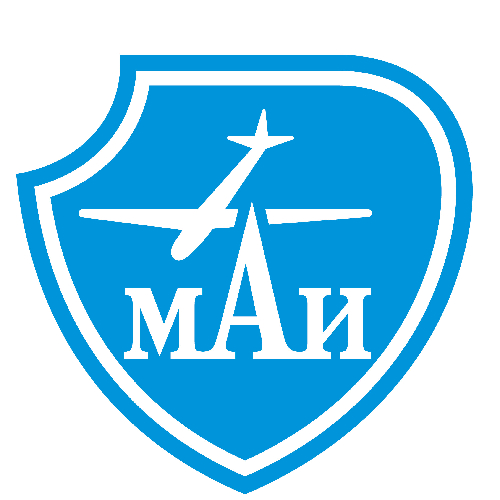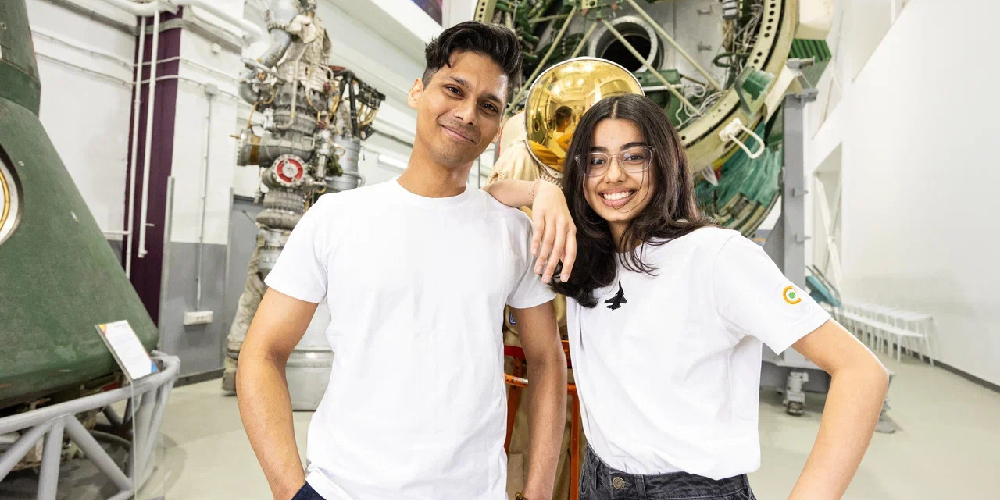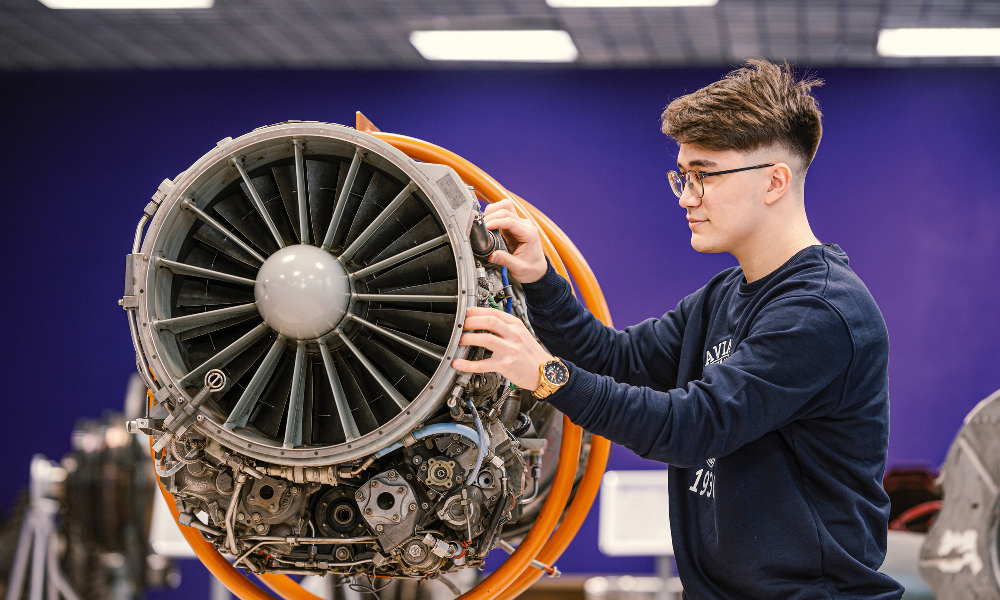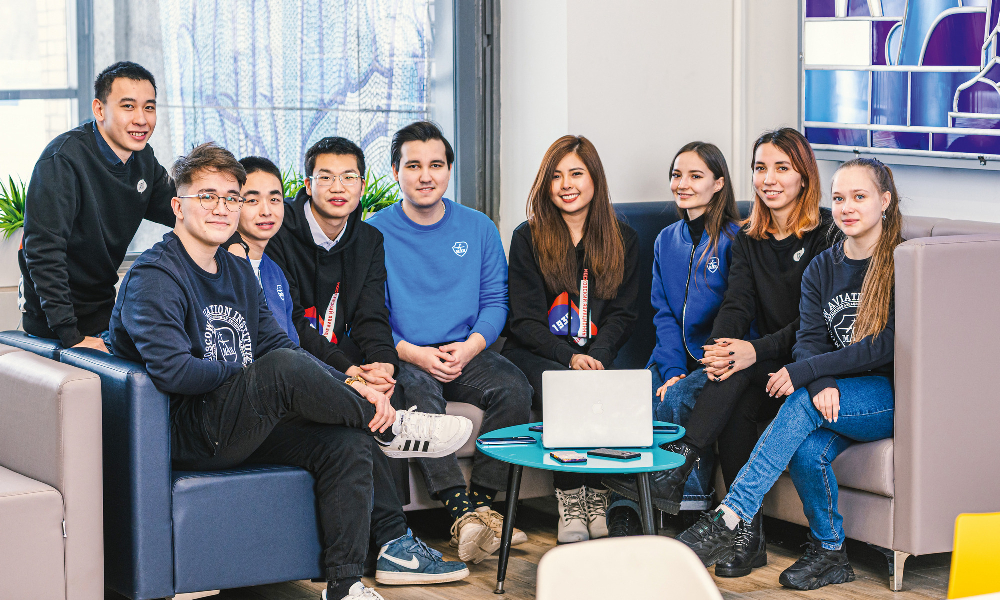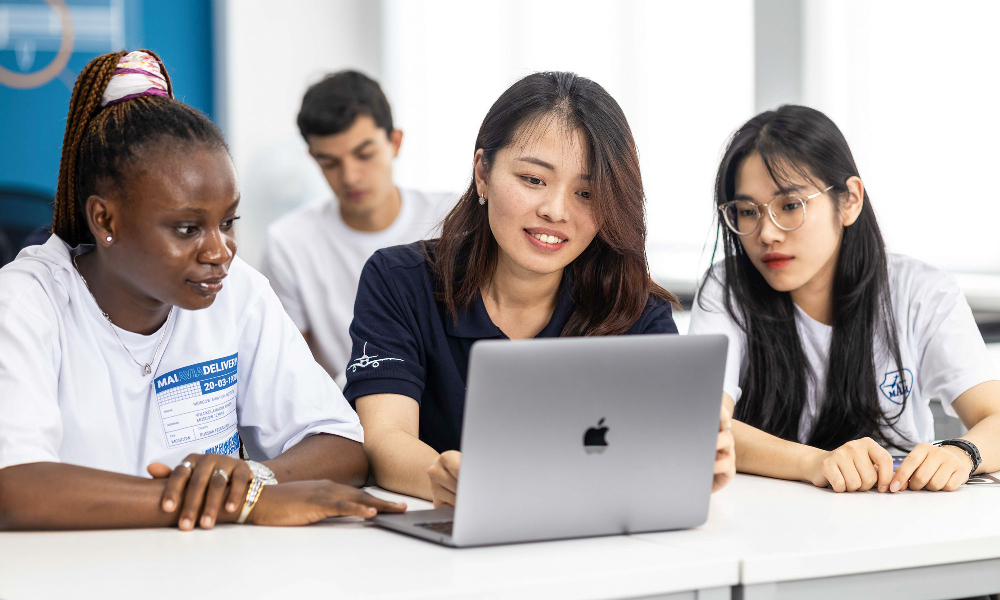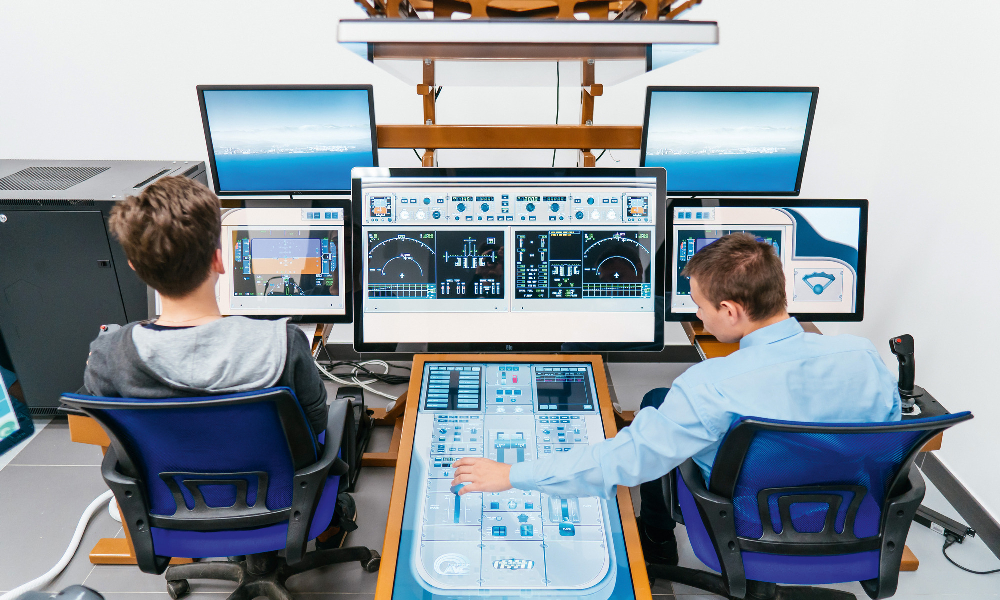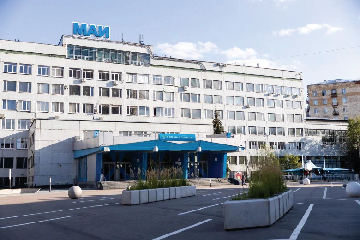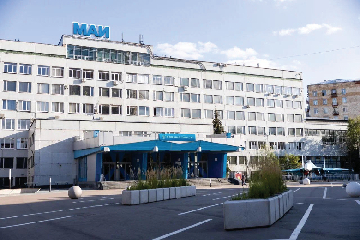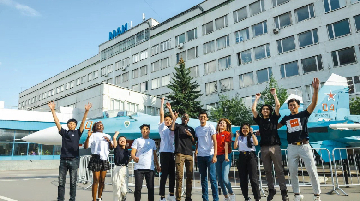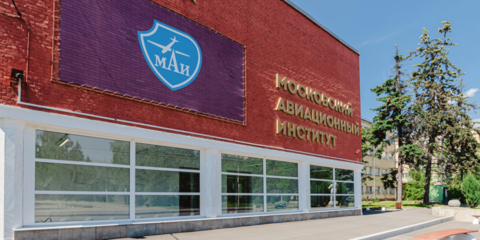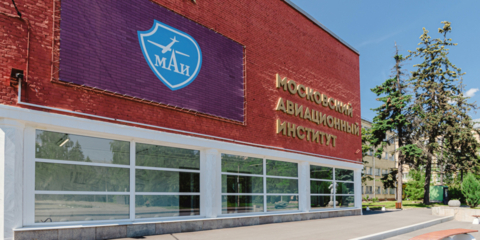Moscow Aviation Institute (National Research University) is a leading high-tech Russian university that trains engineering personnel and conducts world-class cutting-edge research.
MAI trains specialists in aeronautical engineering, rocket and space technology, engine manufacturing, IT, robotics, power engineering, new materials.
Benefits of studying
- Individual learning paths
- Participation in real-life projects for the benefit of top corporations
- Internships and work placements at top Russian and international companies
- Developing soft skills and getting managerial and IT competencies
- Studying practical subjects:
- Design of Aircraft and their Systems
- 3D Modeling Skills
- Testing of Aircraft and Rocket Engines and their Accessories
Priority Research Areas
- Aircraft Systems
- Rocket and Space Systems
- Power Systems
- IT and Information and Telecommunication Systems
- New Materials and Production Technologies
- Diversification of the Use of Aerospace Industry Technologies
Practical training
- UAV design
- Calculation of aerodynamic properties of an aircraft in a wind tunnel
- Internship at Aeroflot Technics
- Internship at the MAI Experimental Plant where students are shown the parts manufacturing technology using various CNC machines
- Senior students undergo practical training in MAI’s 3D printing laboratory where they study the process flow, model dummy parts in the program by themselves, and produce parts using a 3D printer
Moscow Aviation Institute recruits more and more talented and motivated students from all over the world.
Engineering, Technologies and Engineering Sciences
Social and Human Sciences
Information and Communication Technologies, Information Security, and Computer Sciences
